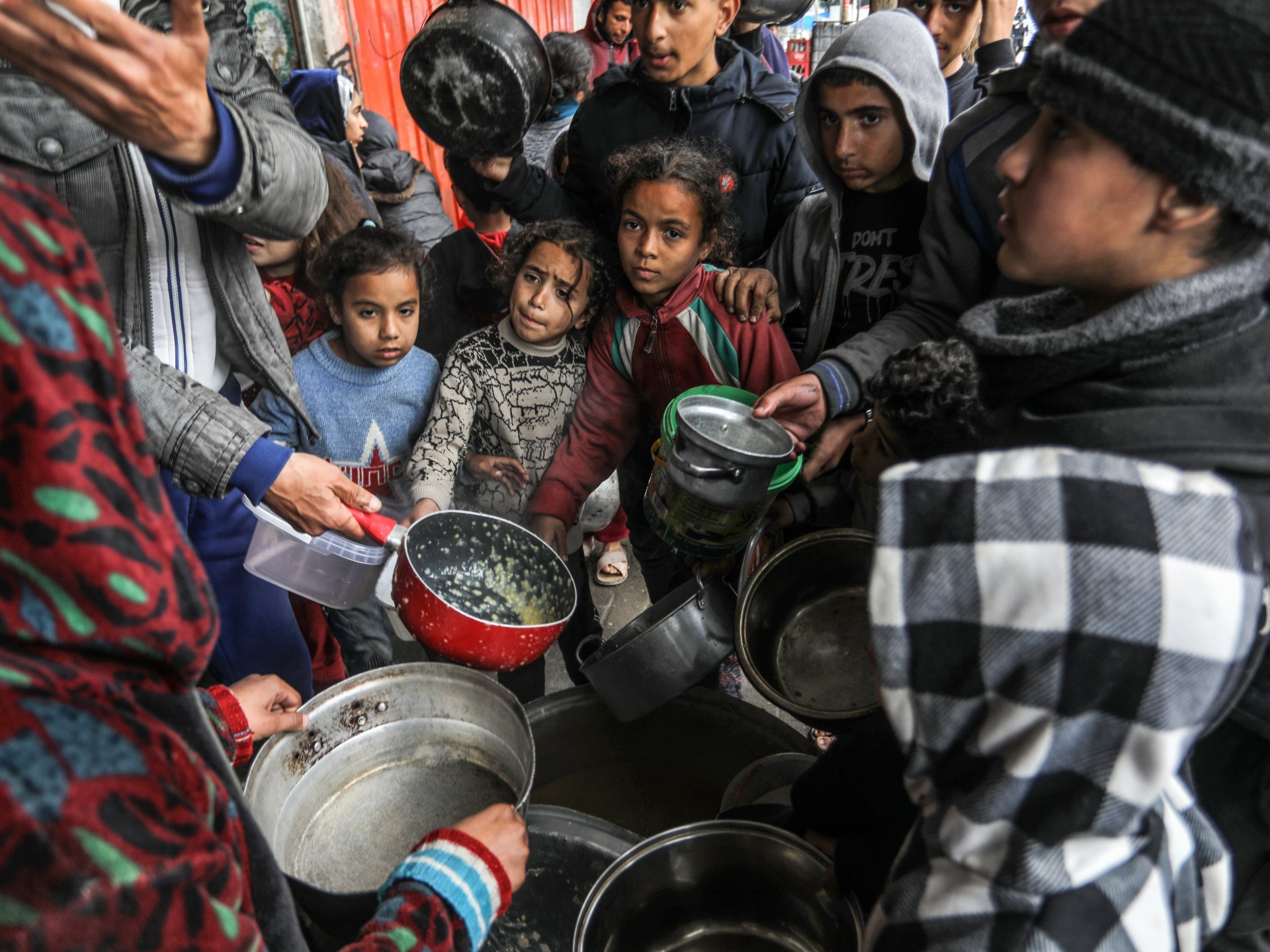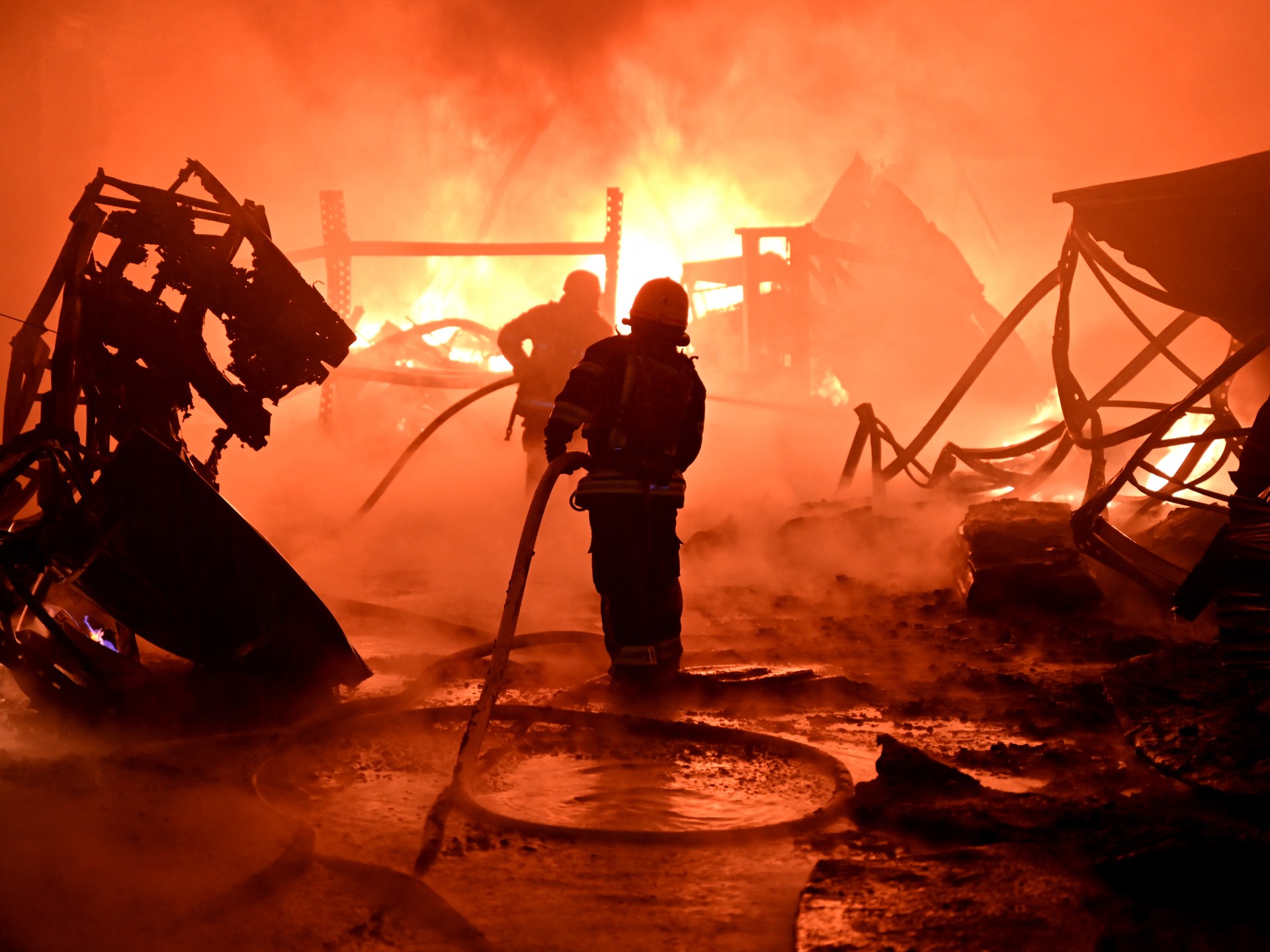‘We won’t stop’: How Columbia’s students etched a new Gaza protest legacy | Israel War on Gaza News
New York, United States — At about 10pm on Monday, April 29, I thought I would call it a night. My student journalist colleagues and I had stayed late into the night on Columbia University’s campus the previous couple of days, reporting on a story that had grabbed the world’s…










